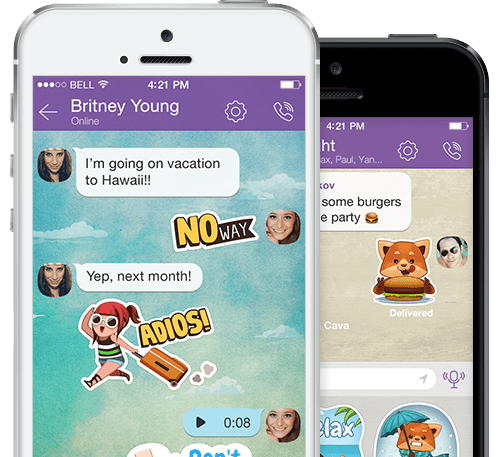
In December, I wrote about the security bug that allowed its chat histories to be stored in other apps on an Android phone-an easily exploitable security hole for hackers.Īll of these bugs, loopholes and lapses in security highlight the reality that mobile messaging apps aren’t as secure as you think they are. Then there’s WhatsApp, the messaging platform recently acquired by Facebook for $16 billion. The reason: its messages didn’t actually disappear as often as promised. Snapchat, the popular messaging platform that promises to erase each message after it is viewed, recently settled with the Federal Trade Commission regarding a similar infraction. The company has now solved the issue, but the potential damage done is still hard to determine.

To make matters worse, the app also stored the messages online on a publicly available server, making it possible for private photos and messages to be accessed by anyone with enough determination and knowhow. In late April, security researchers discovered that the popular mobile messaging app, Viber, sent video and images without encrypting them (the equivalent of scrambling the message so only the intended receiver can descramble and thus read) first.

Online privacy is a premium, which is why mobile chat apps that proclaim to keep conversations completely secure are so popular-despite some recent hiccups. Much like a package left unattended on your doorstep, the risk of someone getting ahold of personal items or information is at an all time high. When you chat with someone through a third-party messaging app, be aware that someone may read it-someone other than your intended recipient.


 0 kommentar(er)
0 kommentar(er)
